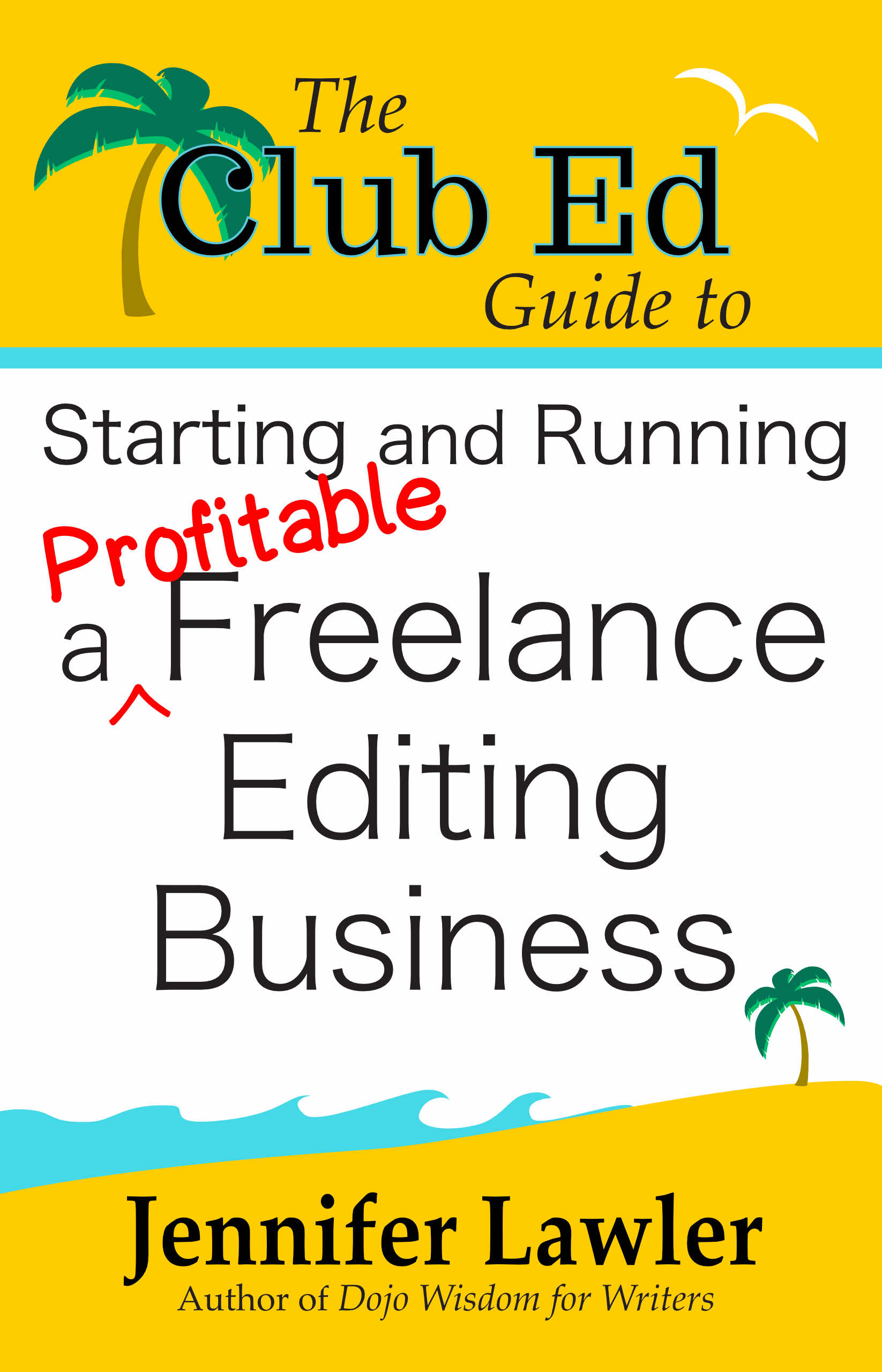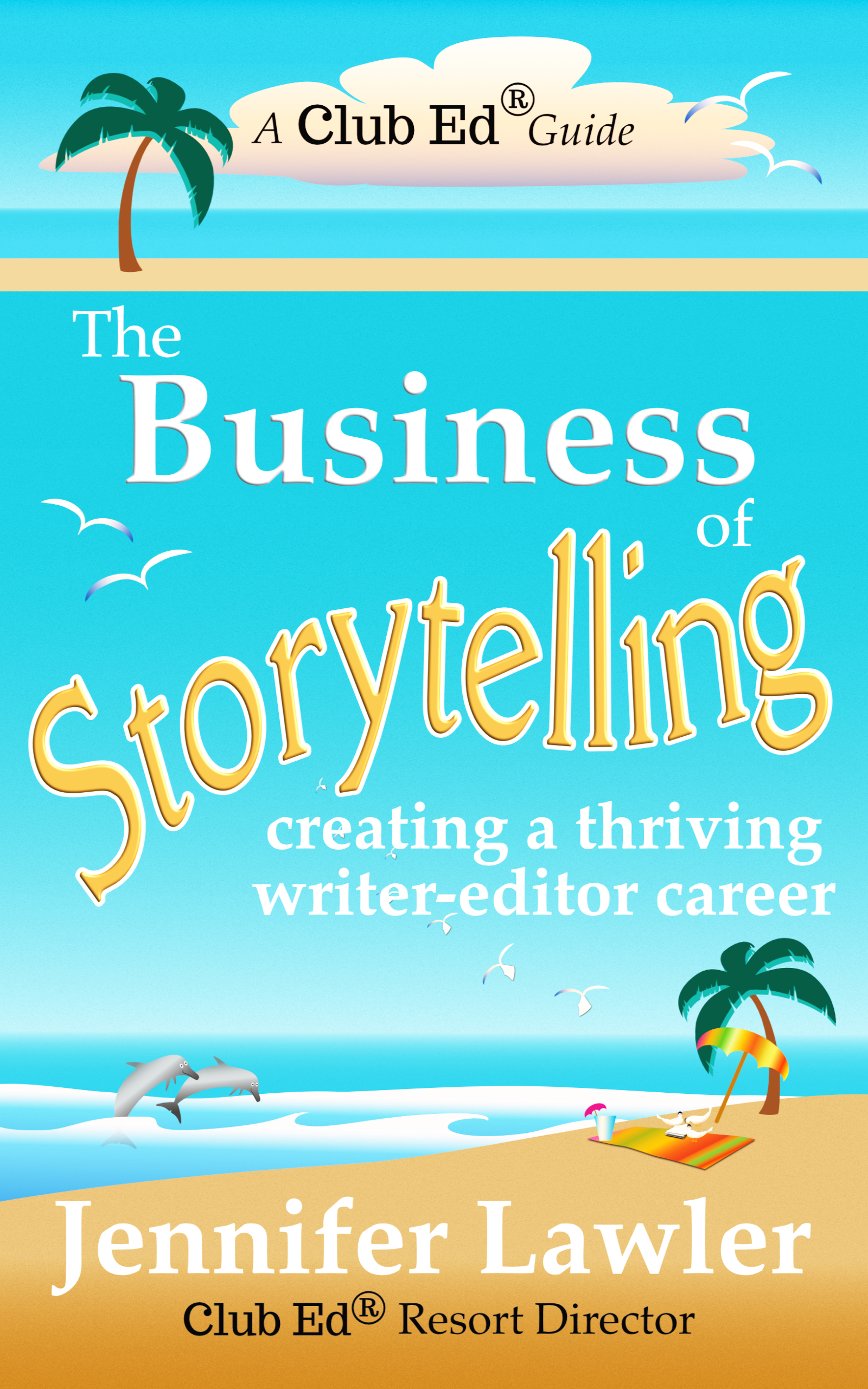Avoiding Scope Creep
Whether you’re a developmental editor, a copyeditor, or a line editor, avoiding scope creep is necessary so you can deliver your best work to clients.
Avoiding Scope Creep for Editors
When we edit novels, much of our work involves evaluating the problems in the manuscript and suggesting possible revisions for the author. If Joe’s character motivation needs to be strengthened, we suggest ways to do so, but we don’t write the scenes where Joe’s motivation is established. That’s the author’s job.
Most of the time, this is what writers want. If you tried to write the scenes for the author, they would be offended and think you had overstepped your role; you’re the editor, not the coauthor.

What is Scope Creep?
But now and then, authors will want us to do all the revision work. In that case, they are looking for a coauthor. If that’s what you’ve agreed to do, that’s one thing (and I hope you got paid a lot for it!). But if you didn’t, that’s another.
When authors expect services beyond what is generally expected or previously established, we call that “scope creep.” The scope of the project has changed—gotten bigger—and it affects us. We have to do more work for the same amount of money. That’s not fair.
Enforcing Boundaries
Scope creep happens to freelancers all the time, so we have to be careful to set our boundaries and make sure the client understands what to expect. But that isn’t just a one-time deal that you discuss at the beginning of the project. For some authors, you have to enforce the boundaries multiple times over the course of the project. For example, if you’ve agreed to develop an author’s draft once they’ve finished it, that doesn’t mean you’re available for consultation while they’re writing the draft (unless you’ve agreed to be), but some authors will assume you are.
It’s important to not just give in when this happens. Clearly but politely set your boundaries. You may want to keep a list of resources to share with authors to make this boundary-setting more helpful. And/or you can mention that they can hire you for this purpose. Here’s an example of what you could say: “Consulting during the actual writing process is not part of our developmental editing agreement. If you would like, I would be happy to amend our agreement to include coaching, for which I charge $X per hour. Some good resources for dealing with plot and character issues are EXAMPLE AND EXAMPLE. Let me know if you’d like to do the coaching and I’ll be in touch with further details.”
I find that being clear with clients helps keep resentment from building. Many times authors don’t realize that what they’re asking is different from what they agreed to. Almost always, when I’ve brought this to their attention, they have recognized right away that they pushed the boundaries and apologized; in some cases, when appropriate, we will work out additional compensation for me to do additional work. In other cases, they just adjust their expectations accordingly.
Common Triggers for Scope Creep
Another common time when scope creep occurs is after you’ve delivered the edit and the author asks if you will read their revision. If you haven’t agreed to this as part of the project fee, then you need to say no and/or explain what you charge for that. Here, another option to suggest is for the author to find a few beta readers for further feedback.
Scope creep also occurs when the author begins the revision and feels like they have no idea what to do. Especially with beginning authors, they can agree with a criticism but have no idea how to fix it. So, they need more specific guidance. For this reason, it’s important to ensure that your edit (both the revision letter and the manuscript queries/edits) provides enough guidance for the author. If you just say, “The story’s central conflict is not sufficient to sustain the reader’s interest over the course of the novel,” the author isn’t going to know what to do about that.
But if you also provide a solution or two—“Instead of being immediately cleared by the police, perhaps Marguerite can be a prime suspect, which could lead to personal and business problems for her”—the author will be more likely to understand what to do now. In some cases, you can include a link to information that shows examples of how to fix the problem at hand. In other cases, you can offer a suggested phrasing.
If you have provided this guidance in the edit and the author is just looking for some feedback on brainstorming, you can include it as part of the editorial package (I typically include an hour of coaching in my dev editing quotes), or you can offer it as an add-on service, using a similar phrasing as above: “Coaching on the revision process is an extra service for which I charge $X per hour.”
By understanding places where scope creep happens in an edit, you can stop it ahead of time by addressing it in your quote for the edit. The clearer everyone’s expectations are, the easier it is to say when scope creep is happening and to either stop it or get paid for the extra work.
Tips for Editors & Writers
The Fine Art of Copyediting Fiction
When copyediting fiction, it’s common to run up against issues that pit author preference against standard editing approaches. For example, in a story I wrote some years ago, the main character’s neighbor is referred to as “3-B” as that is her apartment number and the MC doesn’t know her name. Fine. She can be referred…
Let the manuscript teach you how to edit it
One of the lessons I’ve learned over many years of editing is that you have to let the manuscript teach you how to edit it. Every manuscript is different and every manuscript needs a different touch. Even when an author does something I’ve seen many times before, I have to edit for that particular manuscript,…
Helping Authors Strengthen Story Settings
The setting of a novel consists of multiple elements, big and small, that nest inside each other like those little Russian dolls. We might show this hierarchy of settings like so: If you think about it, the micro setting of “the living room of 601 San Mateo Road Apartment 16” implies the existence of all…
Join the Club!
New to story editing? Begin at the beginning.





